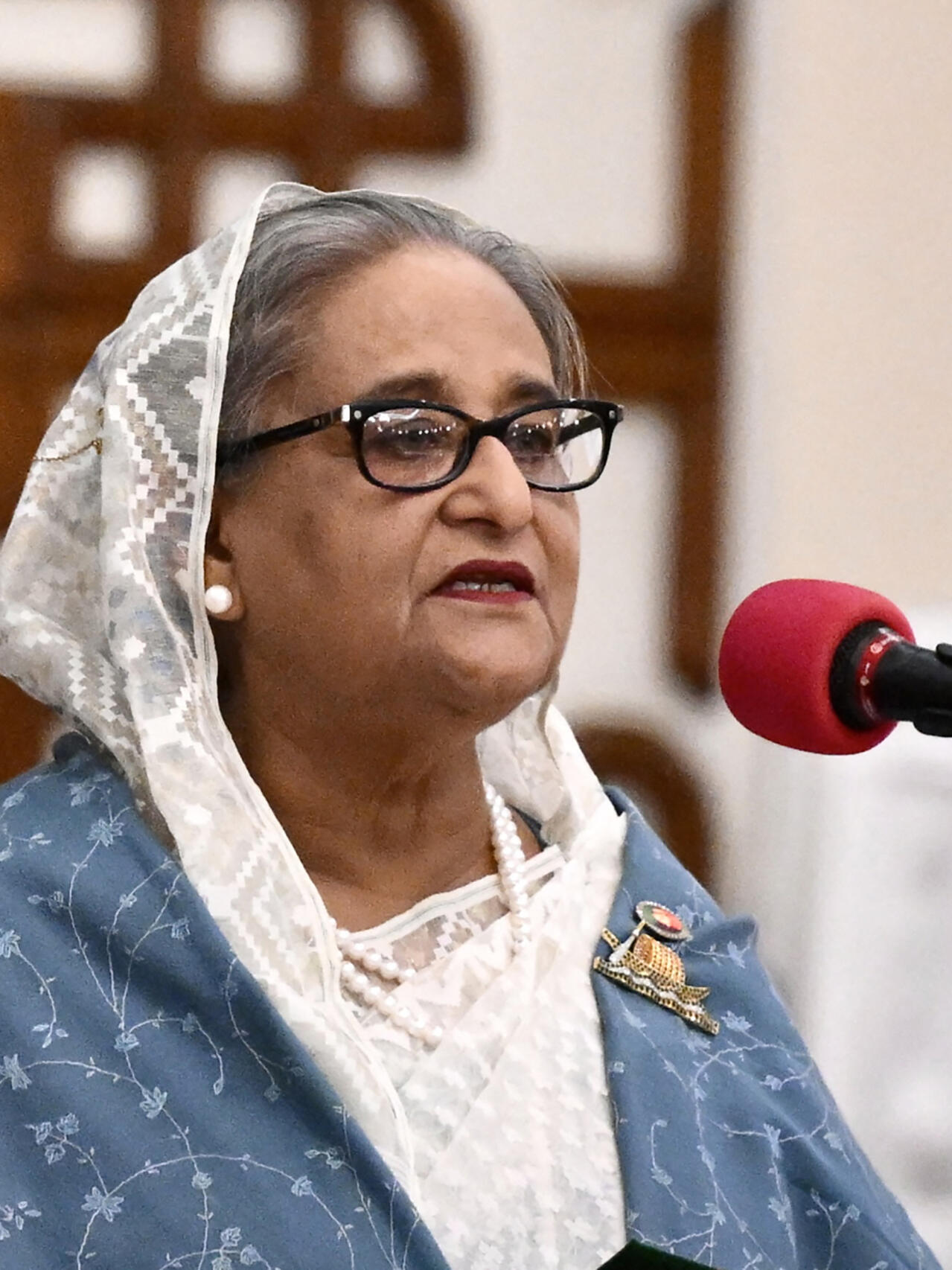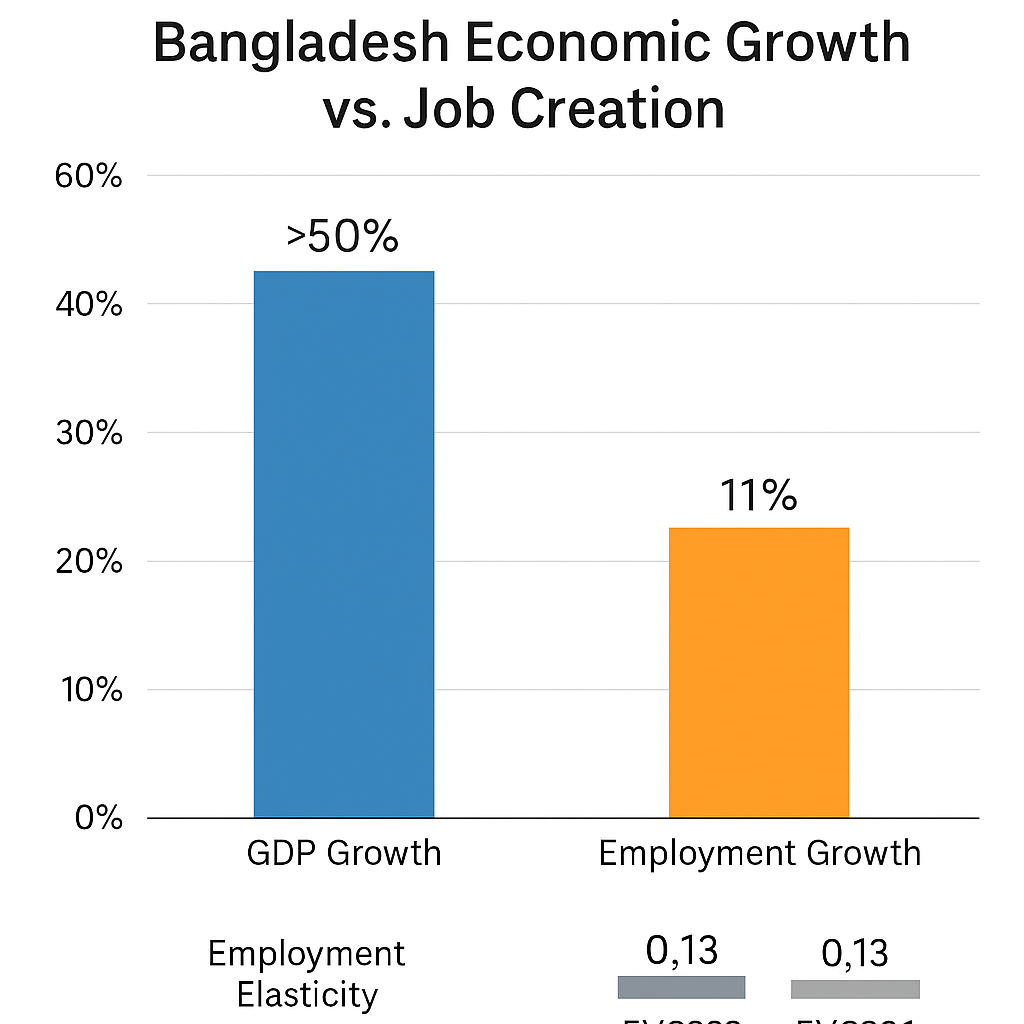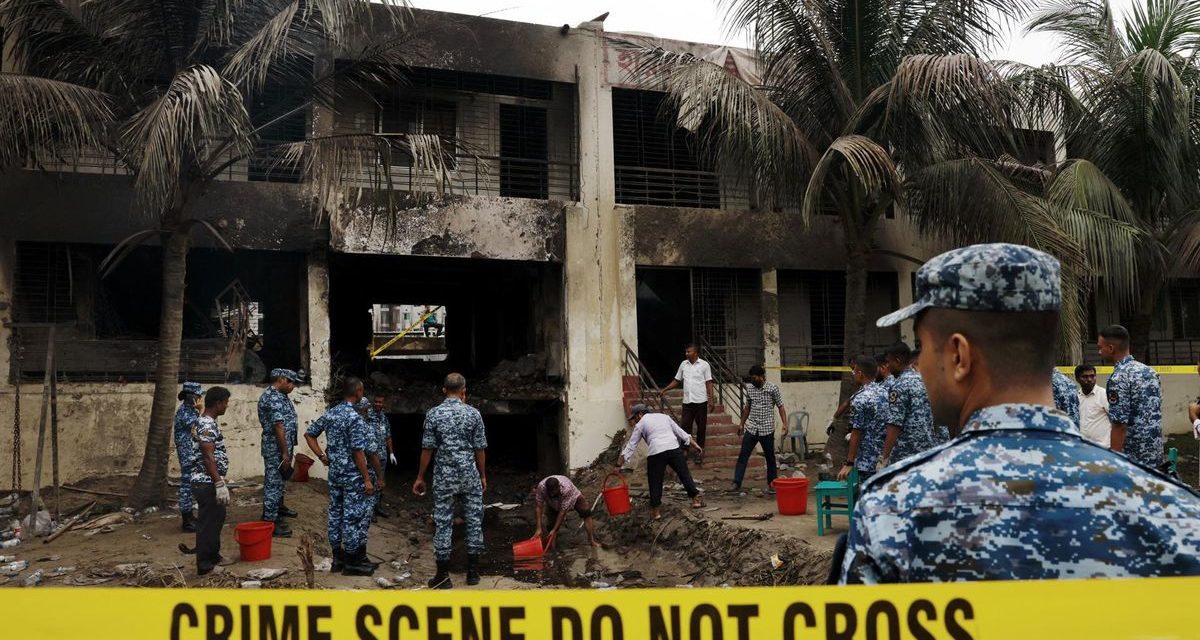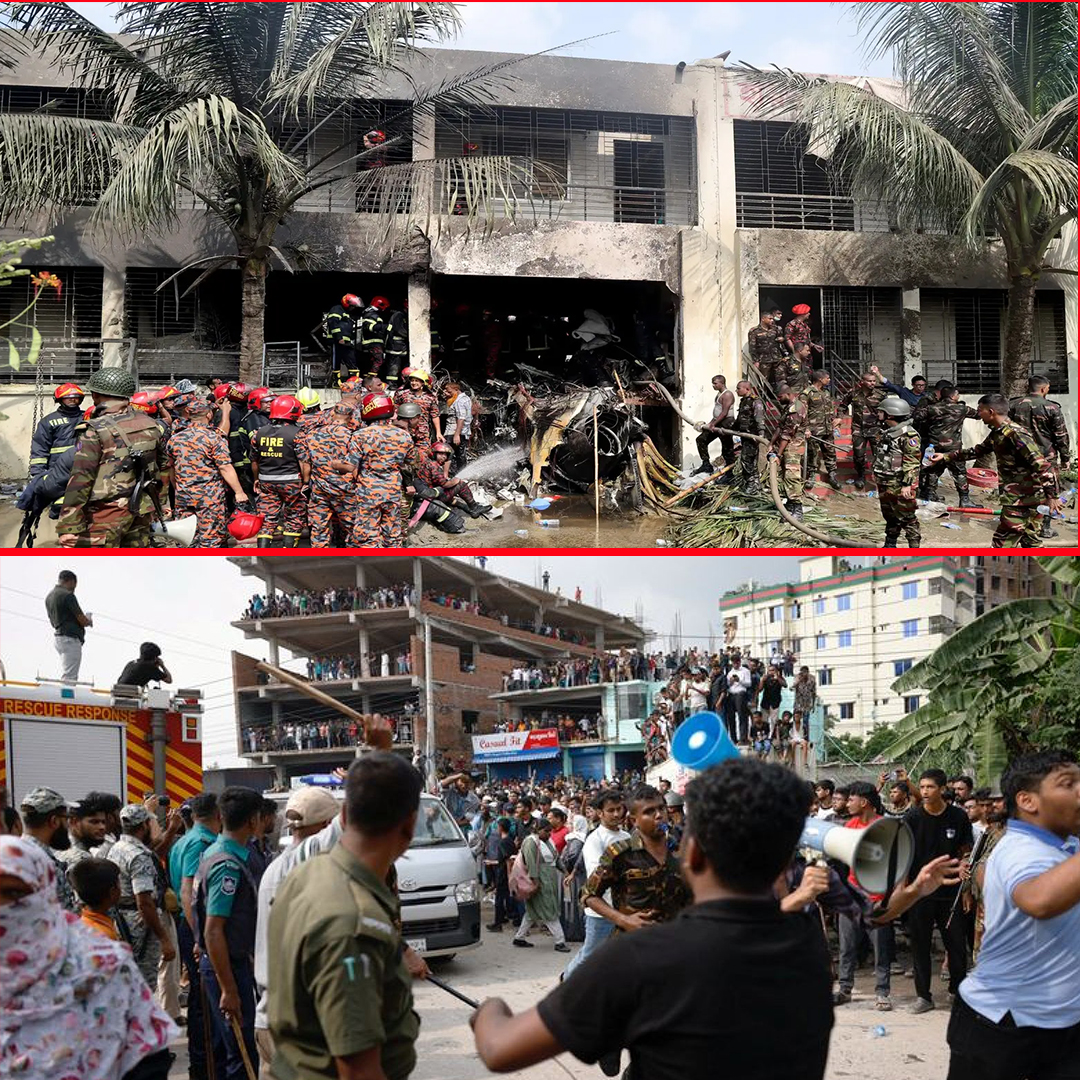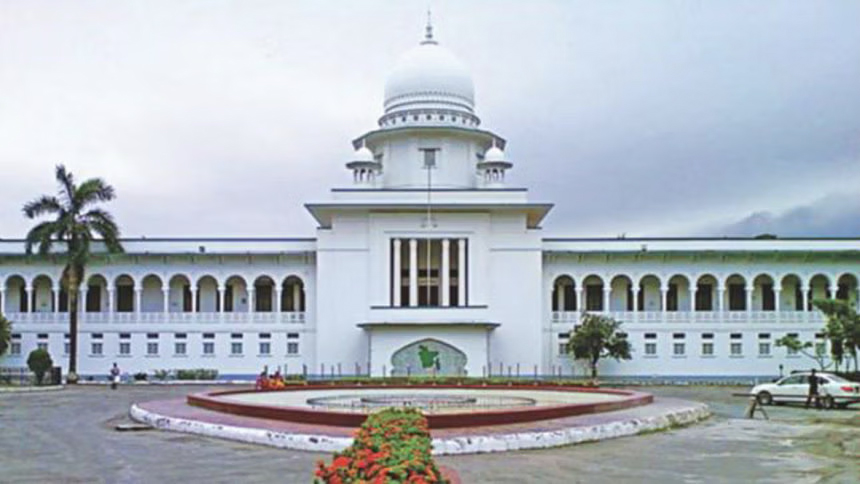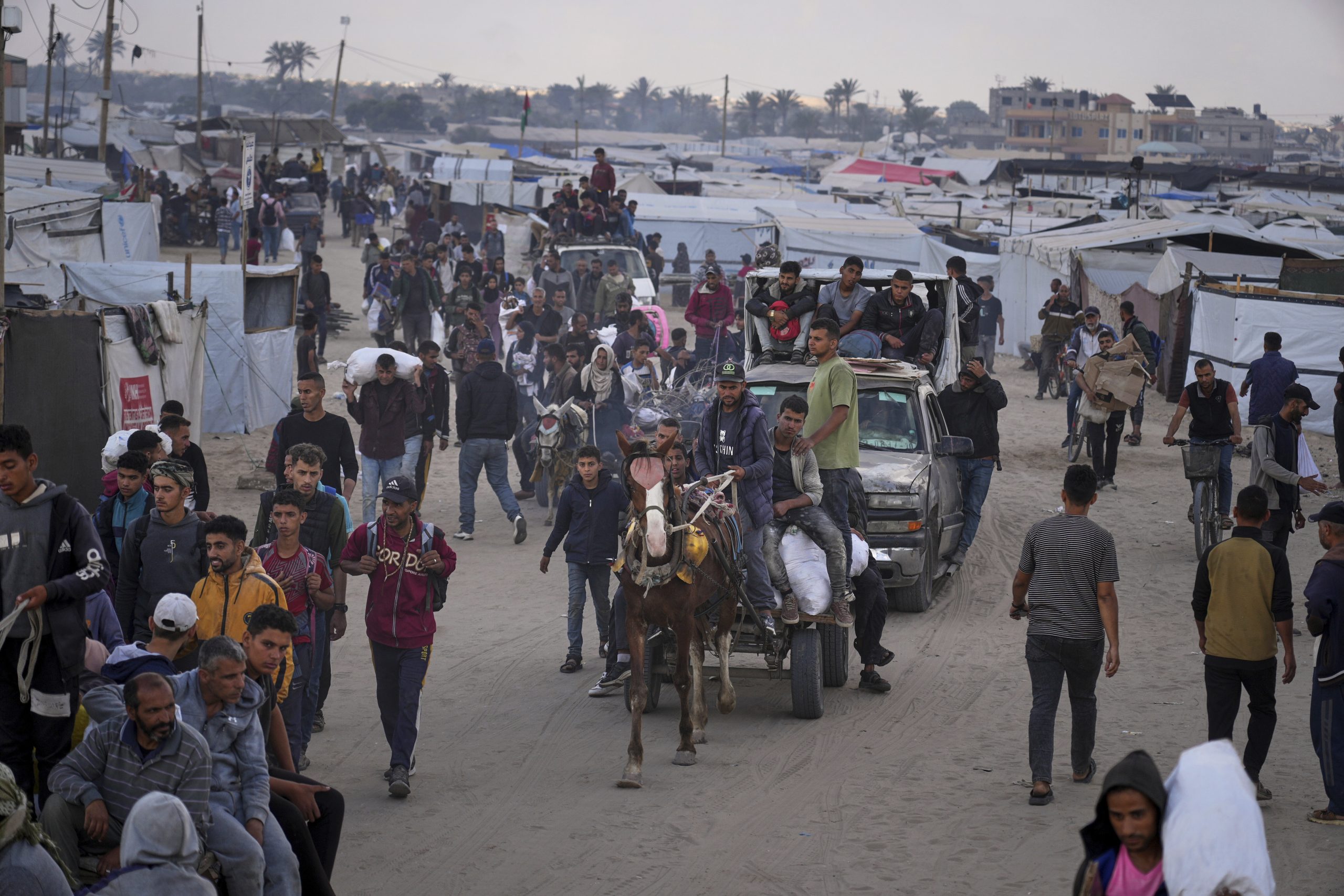
Controversial Gaza Humanitarian Foundation Suspends Operations Amid Rising Casualties and International Outcry
In a tragic escalation of the humanitarian crisis in Gaza, 27 Palestinians were killed and over 160 injured on June 3, 2025, when Israeli forces opened fire near an aid distribution centre operated by the US-backed Gaza Humanitarian Foundation (GHF) in Rafah. The incident marks the third deadly occurrence at GHF sites within a week, raising serious concerns about the safety and efficacy of the new aid distribution model.
GHF announced the temporary closure of its distribution centres on Wednesday, citing the need for “renovation, reorganisation, and efficiency improvement work,” with plans to resume operations on Thursday. The Israeli military confirmed the closures and issued warnings against traveling on roads leading to the distribution centres, labeling them as “combat zones.”
The Gaza Humanitarian Foundation, established in February 2025 and registered in both Delaware and Geneva, began operations in late May as an alternative to UN-run aid programs. Backed by the US and Israel, GHF’s model involves centralized distribution hubs secured by private American contractors, including those from Safe Reach Solutions, a firm led by CIA veteran Philip Reilly. However, this approach has faced criticism for requiring civilians to traverse dangerous, militarized zones to access aid, leading to chaotic scenes and, tragically, loss of life.
Eyewitnesses described the scene at the Rafah distribution centre as chaotic, with large crowds gathering in hopes of receiving much-needed food assistance. According to reports, Israeli troops fired upon individuals who allegedly deviated from designated aid corridors, perceiving them as threats. The Israeli Defense Forces stated that warning shots were fired at individuals approaching in a manner that endangered troops, and the incident is under investigation.
The international community has expressed outrage over the incident. UN Secretary-General Antonio Guterres condemned the killings as “unacceptable,” and UN human rights chief Volker Türk labeled attacks against civilians as “unconscionable,” potentially constituting war crimes. The International Committee of the Red Cross reported receiving 184 wounded at its Rafah field hospital, with most fatalities taken to Nasser Hospital in Khan Younis.
Critics argue that the GHF’s centralized, militarized aid distribution model is flawed and dangerous compared to the previous UN-run system, which delivered aid directly to communities. Humanitarian organizations warn that the current approach endangers lives and fails to meet urgent needs, as food supplies often run out quickly amid frenzied crowds. The UN and major aid groups have refused to cooperate with GHF over concerns that it was designed to cater to Israeli military objectives.
The situation has been further exacerbated by Israel’s blockade of Gaza, which, despite recent easing, continues to restrict the flow of humanitarian aid. The UN has stated that the entire population remains at risk of famine. The UN Security Council is set to vote on a resolution calling for a ceasefire and humanitarian access to Gaza, though a US veto is anticipated.
In addition to the casualties at the aid centres, further violence was reported in Khan Younis, where an Israeli airstrike on a tent sheltering displaced individuals killed at least 12 people, including women and children. An earlier Israeli strike on a school in the same city also resulted in approximately 10 deaths. The health ministry in Hamas-run Gaza reports that at least 4,240 people have been killed since Israel resumed its offensive on March 18, bringing the war’s overall toll to 54,510, mostly civilians.
The Gaza Humanitarian Foundation’s operations have also faced internal challenges. Jake Wood, the organization’s executive director, resigned, citing conflicts with humanitarian principles. Johnnie Moore has been appointed as the new executive chair amid ongoing concerns about the aid system’s impact on civilians and potential violations of international law.
As the humanitarian crisis deepens, the international community continues to call for immediate action to protect civilians and ensure the safe delivery of aid. The recent incidents underscore the urgent need for a reassessment of aid distribution strategies in conflict zones to prevent further loss of life.

